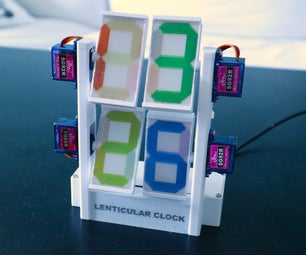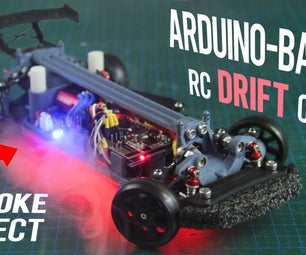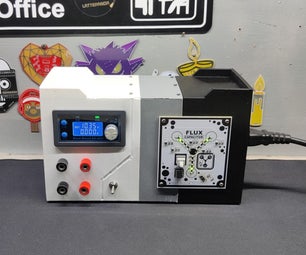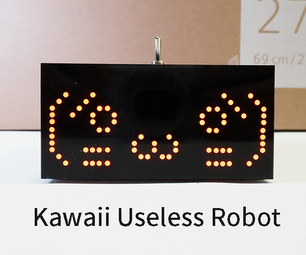Introduction: LED SunGun
Intro:
A follower of mine on Instructables wanted to build a LED light to be used in Photography and wanted my help,
so I took up the challenge and built this LED SUN GUN which runs on AC.
It is cheap in comparison to the ones sold in the market and as it runs on AC there is no battery problems.
Step 1: Parts You Will Need…..
Sixty- Extra bright, white 8mm LED’s
One- AC transformer 220volts to 12volts of 2Amps.
Four- 1N4007 Diodes for bridge rectifier.
One- Condenser 470uF anything from 25 to 65 volts will do.
One- ON OFF switch.
Wires, solder, wall plug, tools etc;
Step 2: Old Sungun….
I had an old Sun gun (halogen tube type) in my junk with a fused tube.
I opened up the casing and threw away all the parts inside it.
Next I took a PVC sheet and cut it to the required size to be used as a base for my LED’s.
Step 3: The Circuit…
60 number of Extra Bright 8mm White LED’s are used in this Sun Gun.
The LED series/parallel 6 x 10 array uses 60 LED's exactly.
This circuit uses 10 parallel rows of 6 LED’s in series as shown in the Diagram.
Follow the Circuit and make the LED arrays.
The calculation:-
Transformer output without load is 14.4 x 1.4 = 20.16
20.16 / 3.5 = 5.76 or 6 LED’s in a single row.
8mm LED’s 3.5 volts consumes 30mA current.
The transformer puts out 2A = 2000mA.
Each row consumes 30mA, so you can put 2000/30 or 66.6 rows,
but round DOWN to get a maximum of 66 rows.
OR 66 x 6 = Total 396 LED’s.
For 3 panels of 10 rows each, the total comes to 30 rows: with each row consuming 0.30 amps (30mA), 30 *
0.3 = 0.9amp, which the SINGLE 1N400x bridge can handle fine. It’s ONLY when you have more than 30
rows that you need worry about the Double Rectifier.
Step 4: The Power Supply…
A 220VAC to 12 VAC Transformer of 2Amps is screwed on to the handle of the Sun Gun with its own PVC housing.
A Bridge Rectifier of Four 1N4007 Diodes and a Condenser of 470uF / 35 volts is used to convert AC to DC.
So you get 2 Amps of Direct Current to run the LED’s which is more then enough.
A 2 Amps Transformer is used because if the light is inadequate then you can add
two more Panels of 60 LED’s on both sides of the Sun Gun,
so the total numbers 60x3=180 LED’s of light will be more than enough.
Step 5: Transformation.....
Here you can see how an old, power consuming Sun Gun has been converted to a Powerful LED Light, suitable for Photography..
SWITCH ON AND ENJOY...............

Participated in the
123D Circuits Contest

Participated in the
Supercharged Contest











